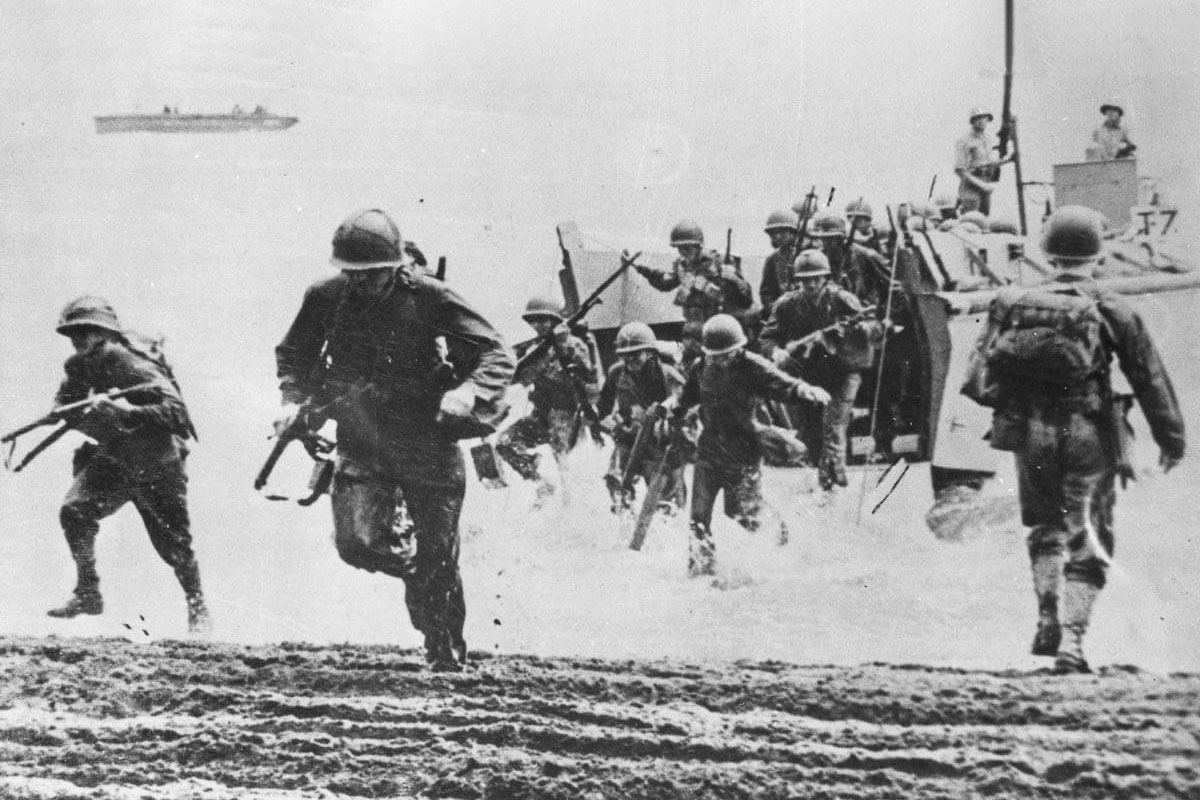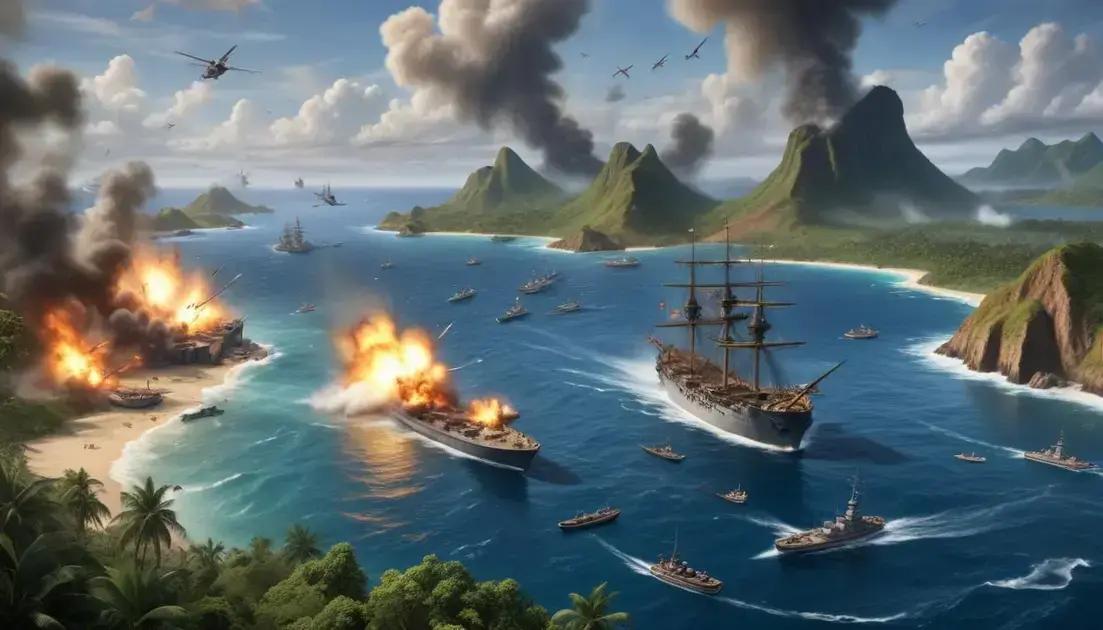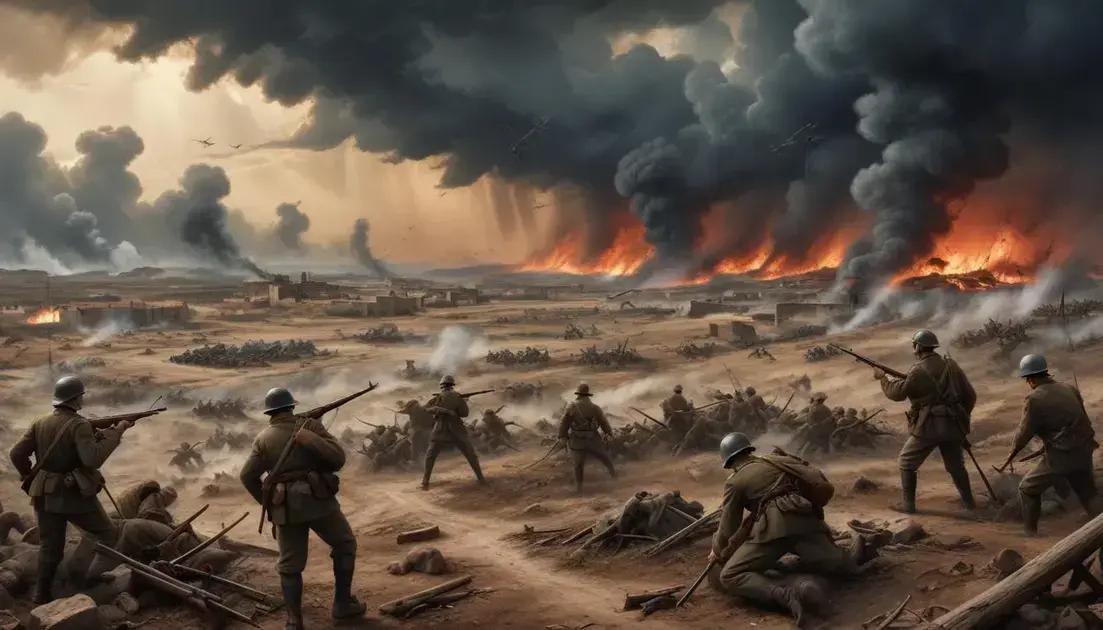
How World War II Continues to Shape Global Politics: A Lasting Legacy of Superpowers and International Relations
The Impact of World War II on Global Politics
World War II was a global conflict that lasted from 1939 to 1945, involving most of the world’s nations, including all of the great powers. It was the deadliest war in human history, with an estimated 50-80 million fatalities. The war was a major turning point in global politics, leading to the emergence of the United States and the Soviet Union as superpowers, and having a profound impact on the world order.
The war began in Europe in September 1939, when Nazi Germany, led by Adolf Hitler, invaded Poland. This led to the declaration of war by France and the United Kingdom against Germany. Over the next year, Germany expanded its territorial control, invading Denmark, Norway, Belgium, the Netherlands, and France. In June 1941, Germany launched a surprise attack on the Soviet Union, known as Operation Barbarossa, which led to a prolonged and devastating war on the Eastern Front.
The United States entered the war in December 1941, after Japan launched a surprise attack on Pearl Harbor, a U.S. naval base in Hawaii. This led to the U.S. declaring war on Japan, and subsequently on Germany and Italy. The U.S. played a crucial role in the war, providing significant military and economic support to its allies, including the United Kingdom, the Soviet Union, and China.
The war in Europe ended in May 1945, with the defeat of Germany, and in August 1945, with the defeat of Japan. The war left deep scars on the world, including widespread destruction, displacement, and loss of life. However, it also led to the emergence of new world powers and a new world order.
The Impact of World War II on Global Politics
The war had a profound impact on global politics, leading to the emergence of the United States and the Soviet Union as superpowers. The war weakened the colonial empires of Europe, leading to the decolonization of many countries and the emergence of new nations.
The war also led to the creation of new international institutions, such as the United Nations, which was established in 1945 to promote international cooperation and prevent future wars. The war also led to the development of new international laws and treaties, such as the Geneva Conventions, which established rules for the conduct of war and the treatment of prisoners of war.
The war also led to a significant shift in the global balance of power, with the United States and the Soviet Union emerging as the two dominant superpowers. This led to the beginning of the Cold War, a period of political and military tension between the two superpowers that lasted for nearly five decades.
The war also had a profound impact on the economy, leading to a significant increase in international trade and investment. The war also led to the development of new technologies, such as the atomic bomb, which revolutionized military warfare.
The war also had a significant impact on the social and cultural fabric of the world. The war led to the displacement of millions of people, both within countries and across borders. The war also led to the emergence of new social and cultural movements, such as the civil rights movement in the United States and the anti-colonial movement in Africa.
Conclusion
World War II was a global conflict that had a profound impact on global politics, leading to the emergence of new world powers, the decolonization of many countries, and the creation of new international institutions. The war also had a significant impact on the economy, leading to a significant increase in international trade and investment. The war also had a profound impact on the social and cultural fabric of the world, leading to the displacement of millions of people and the emergence of new social and cultural movements.
In conclusion, World War II was a global conflict that had a profound impact on global politics, leading to the emergence of new world powers, the decolonization of many countries, and the creation of new international institutions. The war also had a significant impact on the economy, leading to a significant increase in international trade and investment. The war also had a profound impact on the social and cultural fabric of the world, leading to the displacement of millions of people and the emergence of new social and cultural movements.


